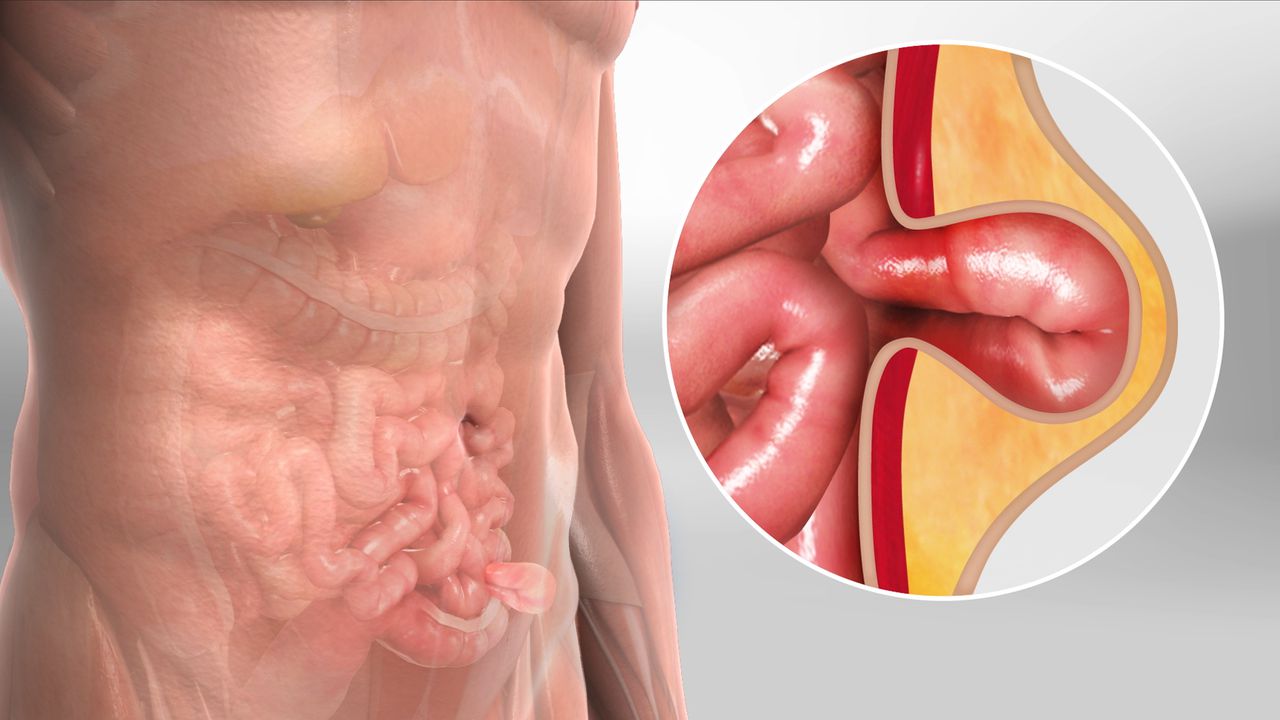
- Average Length of Stay: 4 Nights
- Length of Stay in Hospital: 3 Days
- Operation Duration: 1-3 Hours
- Anesthesia: Local
- Recovery Duration: 2 Weeks
What is Hernia Removal?
Hernia removal, medically termed herniorrhaphy or hernioplasty, is a common surgical procedure aimed at repairing a hernia. A hernia occurs when an organ or tissue protrudes through a weak spot in the surrounding muscle or connective tissue. Hernias can develop in various areas of the body, such as the abdomen, groin, or upper thigh. Hernia removal surgery involves pushing the protruding tissue back into place and repairing the weakened muscle or tissue to prevent recurrence.
Hernia Removal in Turkey
Hernia removal in Turkey is highly sought after due to its modern medical facilities, skilled surgeons, and competitive healthcare prices, similar to various other surgical procedures. Fully equipped private hospitals adhere to international healthcare standards, ensuring patients receive high-quality care and efficient treatments. Turkish physicians specialized in hernia surgery provide extensive expertise and experience, ensuring positive outcomes for patients.
Leading healthcare providers, such as Clinicton, offer comprehensive services for all procedures, including hernia removal. These services often include VIP transportation, accommodation, prescribed medications, and full assistance throughout the treatment process, ensuring a smooth experience for patients.
Who Are Eligible for Hernia Removal?
Individuals experiencing symptoms associated with hernias, such as a visible bulge or pain when lifting heavy objects, may be eligible candidates for hernia removal surgery. Patients diagnosed with inguinal hernias, femoral hernias, umbilical hernias, or other types of hernias may require surgical intervention. A thorough medical evaluation by a healthcare professional is necessary to determine eligibility for the procedure.
Benefits of Hernia Removal
- Relief from Symptoms: Hernia removal surgery provides relief from symptoms associated with hernias, such as discomfort, pain, or the risk of complications like strangulation or obstruction.
- Prevention of Complications: Removing hernia reduces the risk of complications such as incarceration (trapping of tissue) or strangulation (cutting off blood supply to the trapped tissue), which can lead to serious health issues.
- Improved Quality of Life: Hernia removal surgery can significantly improve a person’s quality of life by alleviating symptoms and allowing them to resume normal activities without the limitations imposed by hernias.
- No Risk of Recurrence: Once the hernia is repaired, the risk of recurrence is significantly reduced, providing long-term relief from hernia-related issues.
Recovery and Aftercare of Hernia Removal
Following hernia removal surgery, patients may experience some discomfort and fatigue, which typically subside within a few days to weeks. Most patients can resume normal activities within a few weeks, although heavy lifting and strenuous exercise should be avoided during the initial recovery period. A post-operative care plan, including pain management, wound care, and dietary recommendations, may be provided by healthcare providers to facilitate recovery and prevent complications. Regular follow-up appointments are essential to monitor recovery progress and address any concerns.
FAQs
- What are the risks and potential complications associated with hernia removal surgery?
While hernia removal surgery is generally safe, like any surgical procedure, it carries some risks, including infection, bleeding, recurrence of the hernia, nerve damage, and adverse reactions to anaesthesia. It’s important to discuss these risks with your healthcare provider and address any concerns before undergoing surgery. - What types of hernia removal surgeries are available?
There are different surgical techniques for hernia repair, including open repair, laparoscopic repair, and robotic-assisted repair. Your surgeon will determine the most suitable approach based on factors such as the size and location of the hernia, your overall health, and surgical preference. - Will I experience pain after hernia removal surgery?
Some discomfort or pain is normal after hernia removal surgery, but it can usually be managed with pain medications prescribed by your healthcare provider. Over-the-counter pain relievers may also help alleviate discomfort during the recovery period. - Can hernias come back after surgery?
While hernia surgery aims to repair the weakened muscle or tissue and prevent recurrence, there is a risk of hernias recurring in some cases. Following post-operative instructions, avoiding heavy lifting, and maintaining a healthy lifestyle can help reduce the risk of recurrence. - How can I prepare for hernia removal surgery?
Your surgeon will provide specific instructions on how to prepare for hernia removal surgery, which may include fasting before the procedure, stopping certain medications, and arranging for transportation home afterward. It’s essential to follow these instructions closely to ensure a successful surgery and recovery.
